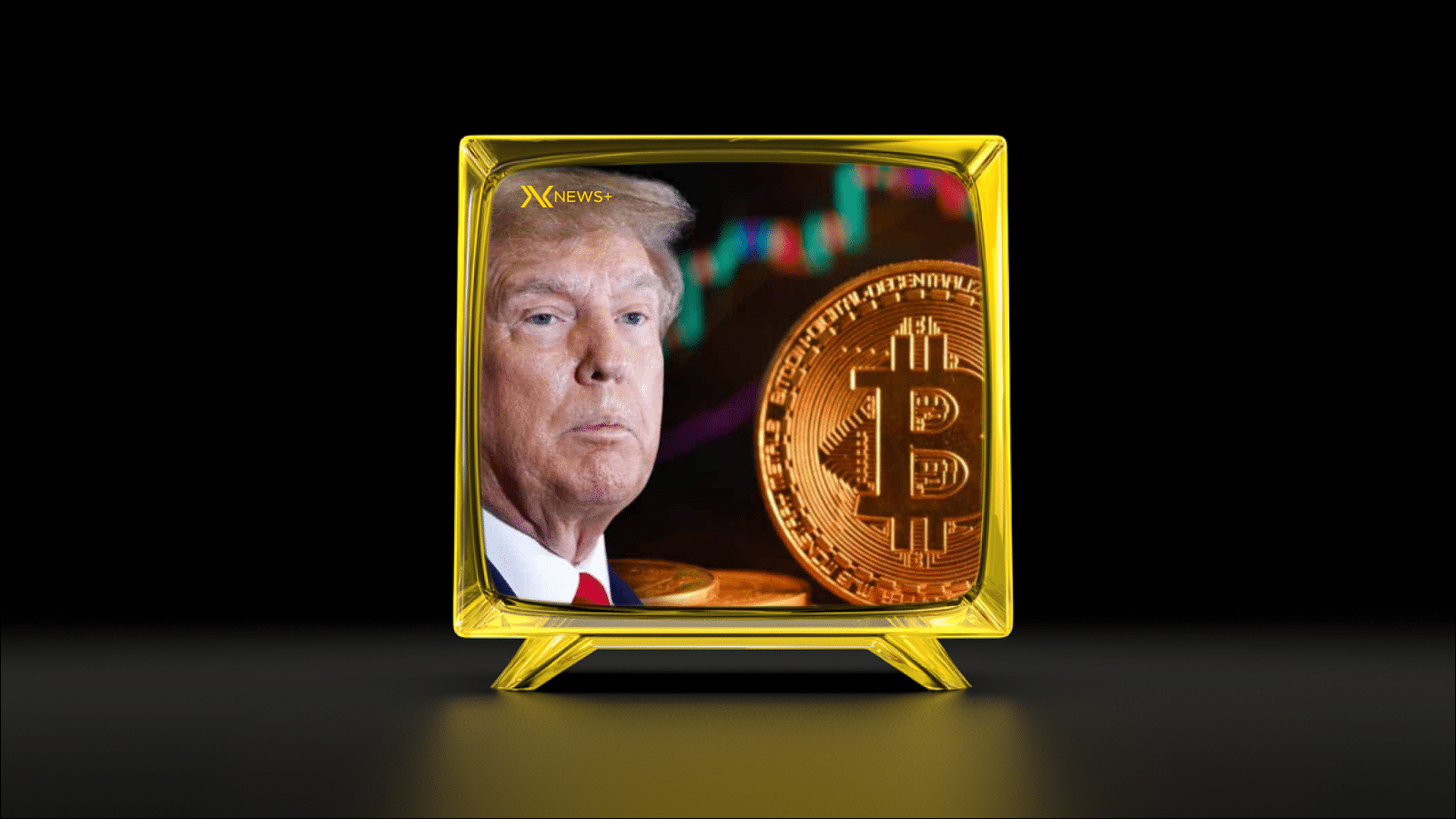Understanding the SPK’s Stance
The Securities and Exchange Commission (SPK) has taken a strong position regarding unauthorized crypto exchanges, which has led to a complex crypto exchanges spark debate among industry stakeholders. The primary concern revolves around consumer protection and regulatory compliance. By restricting access to such platforms, the SPK aims to shield investors from potential fraud and financial losses that can arise from unregulated operations.
Moreover, the SPK emphasizes the importance of maintaining a transparent market environment where only legitimate and registered crypto exchanges operate. This regulatory stance seeks to create a level playing field, ensuring that all exchanges adhere to strict regulatory guidelines that foster trust and stability within the financial ecosystem.
While the SPK’s intentions are grounded in protection, detractors argue that overly stringent access restrictions can hinder innovation and limit market growth. Many believe that a more flexible regulatory framework could better accommodate the rapidly evolving landscape of digital assets.
Thus, as the debate intensifies, it remains crucial for stakeholders to engage in dialogue that balances consumer protection with the need for innovation within the crypto space. The outcome of these discussions will undoubtedly shape the future of crypto exchanges and their role in the broader financial market.
Why the Industry Disagrees
The current debates surrounding access restrictions on unauthorized crypto exchanges have generated significant pushback from various stakeholders within the industry. Many industry experts argue that these restrictions could stifle innovation and limit the potential of blockchain technology.
One of the primary concerns is the potential impact on market competition. Proponents of a more open environment stress that access to crypto exchanges should not be unduly limited, as doing so may favor established players while hindering new entrants. This could ultimately lead to a more monopolized market, which would contradict the decentralized ethos underpinning cryptocurrencies in the first place.
Additionally, the industry expresses worries about consumer choice. By enforcing strict limitations on which exchanges can operate, consumers may be deprived of their ability to select platforms that best meet their needs. For many users, the advantages of utilizing various exchanges, such as unique features, lower fees, or specific token availability, contribute significantly to their trading experience.
Security and transparency are also major talking points in this debate. Many advocates for a less restricted approach emphasize that thriving in a competitive environment would naturally lead to enhanced security protocols and more transparent practices, as exchanges seek to attract users. They argue that the presence of a diverse array of exchanges can serve as a self-regulating mechanism within the industry.
Furthermore, some industry leaders argue that collaborative efforts between exchanges and regulators may yield better outcomes than strict access controls. By fostering open dialogue and cooperation, the goal of protecting investors could still be achieved while allowing for the continued growth and innovation of the cryptocurrency sector.
Overall, the controversy over access restrictions on unauthorized crypto exchanges continues to fuel discussions as stakeholders weigh the benefits of regulation against the potential harms of limiting market access. As this crypto exchanges spark debate evolves, the industry will need to find common ground to ensure both security and innovation can coexist harmoniously.
A Balanced Approach: The Way Forward
In light of the ongoing discussions surrounding the access restrictions on unauthorized crypto exchanges, finding a balanced approach becomes essential. Stakeholders from various sectors—government regulators, crypto enthusiasts, and financial institutions—need to work together to create a comprehensive framework that addresses the concerns of all parties involved. This collaborative effort could help mitigate the ongoing risks while fostering innovation and growth in the cryptocurrency market.
First, the establishment of clear guidelines for crypto exchanges is crucial. Regulatory bodies should define what constitutes an unauthorized exchange and implement a transparent process for registration and compliance. With clear parameters, businesses can operate within the law without hindrance.
Second, education plays a vital role in promoting safer trading practices. Investors should be equipped with the knowledge to recognize authorized exchanges and understand the risks associated with unauthorized platforms. Creating awareness through seminars, webinars, and online educational materials can help ensure that users make informed decisions.
Ongoing dialogue between regulators and the crypto community is essential. Regular forums or roundtable discussions can facilitate constructive conversations about best practices, risk management, and future regulatory changes. Engaging stakeholders in these discussions can lead to more effective policies that take into account the rapidly evolving nature of the industry.
Adopting a balanced approach in addressing the issues related to crypto exchanges will not only help maintain market integrity but also inspire trust among investors. As the debate continues, it is imperative that all parties commit to working together to create a sustainable and secure environment for cryptocurrency trading.
Investor Perspective
As the debate surrounding access restrictions on unauthorized crypto exchanges spark debate, investors find themselves in a precarious position. Many investors, particularly those who are new to the cryptocurrency landscape, rely heavily on accessible platforms to navigate their entry into this volatile market. The perception of safety and legitimacy has become increasingly tied to the availability of these exchanges, which has led to contrasting views within the investment community.
Some investors argue that restrictions can lead to a lack of options, stifling innovation and growth in an already nascent industry. This perspective favors a more open market, where competition fosters better services and potentially lower fees. These investors assert that variety in exchange offerings promotes more education and awareness among users, enabling informed decisions.
On the other hand, there are those who advocate for stricter controls, emphasizing the importance of protecting investors from scams and rogue operators. This faction asserts that not all crypto exchanges uphold the same regulatory standards, and as such, creating barriers to entry for unregulated platforms could mitigate risks associated with fraud and abuse. For these investors, the layer of oversight is seen as a necessary protective measure in the fast-evolving landscape of cryptocurrencies.
Investors must navigate this complex discourse surrounding access restrictions. They need to assess which platforms align with their risk tolerance and investment goals while staying informed of regulatory changes that could impact their trading opportunities. As the crypto exchanges spark debate continues, the need for transparency, education, and robust dialogue is more critical than ever in ensuring a healthy investment environment.
Conclusion
The ongoing discussions surrounding access restrictions on unauthorized crypto exchanges clearly illustrate the complexities of the current digital asset landscape. As both the regulatory bodies and industry experts continue to voice their opinions, the debate around these Crypto Exchanges Spark Debate will likely persist. Finding a harmonious balance that ensures investor protection while promoting innovation will be essential for the future of the crypto industry.
It is crucial for stakeholders to engage in constructive dialogue, as understanding differing perspectives can lead to more informed decision-making. Stakeholders, including regulators, industry participants, and investors, must strive to collaborate and address the challenges posed by unauthorized exchanges. Only then can we foster an environment that not only safeguards investors but also allows the crypto space to thrive and evolve responsibly.
Disclaimer
The information provided in this article is for educational and informational purposes only and should not be construed as financial or investment advice. Crypto Exchanges Spark Debate is a complex topic influenced by various factors, including market conditions and regulatory changes. While we strive to offer accurate and up-to-date information, the fast-paced nature of the cryptocurrency market means that information can become outdated quickly.
Readers are encouraged to conduct their own research and consult with a qualified financial advisor before making any investment decisions. We are not responsible for any financial losses or damages incurred by individuals relying on the information contained herein.
Additionally, the views expressed in this article may not reflect the opinions of all stakeholders within the cryptocurrency community. The debate surrounding crypto exchanges and their regulations continues to evolve, and ongoing developments may alter the landscape significantly.
By engaging with this content, you acknowledge that you understand the risks associated with investing in cryptocurrencies and agree that you will not hold the authors or the platform responsible for any outcomes related to your investments.
Frequently Asked Questions
What are access restrictions on unauthorized crypto exchanges?
Access restrictions refer to the measures put in place to prevent users from accessing certain cryptocurrency exchanges that are not compliant with regulatory standards.
Why is there a debate surrounding these access restrictions?
The debate stems from concerns about user freedoms versus the need for regulatory compliance and consumer protection, as well as potential impacts on market dynamics.
What are the potential benefits of restricting access to unauthorized exchanges?
Benefits include reduced fraud risks, enhanced consumer protection, and the promotion of legitimate trading practices within the cryptocurrency market.
What arguments exist against imposing access restrictions?
Critics argue that such restrictions infringe on personal freedoms, limit market competitiveness, and could drive users to operate in less secure environments.
How do these restrictions impact the overall cryptocurrency market?
They can create barriers to entry for new users and exchanges, potentially consolidating market power among compliant platforms, but they may also enhance trust and security.
What role do regulators play in enforcing access restrictions?
Regulators are responsible for establishing guidelines and monitoring compliance among exchanges, and they often collaborate with internet service providers to block access to non-compliant platforms.
What should users do if they are unsure about the legality of a crypto exchange?
Users should conduct thorough research, review regulatory updates, and consider consulting with financial advisors to make informed decisions regarding exchange legality.



